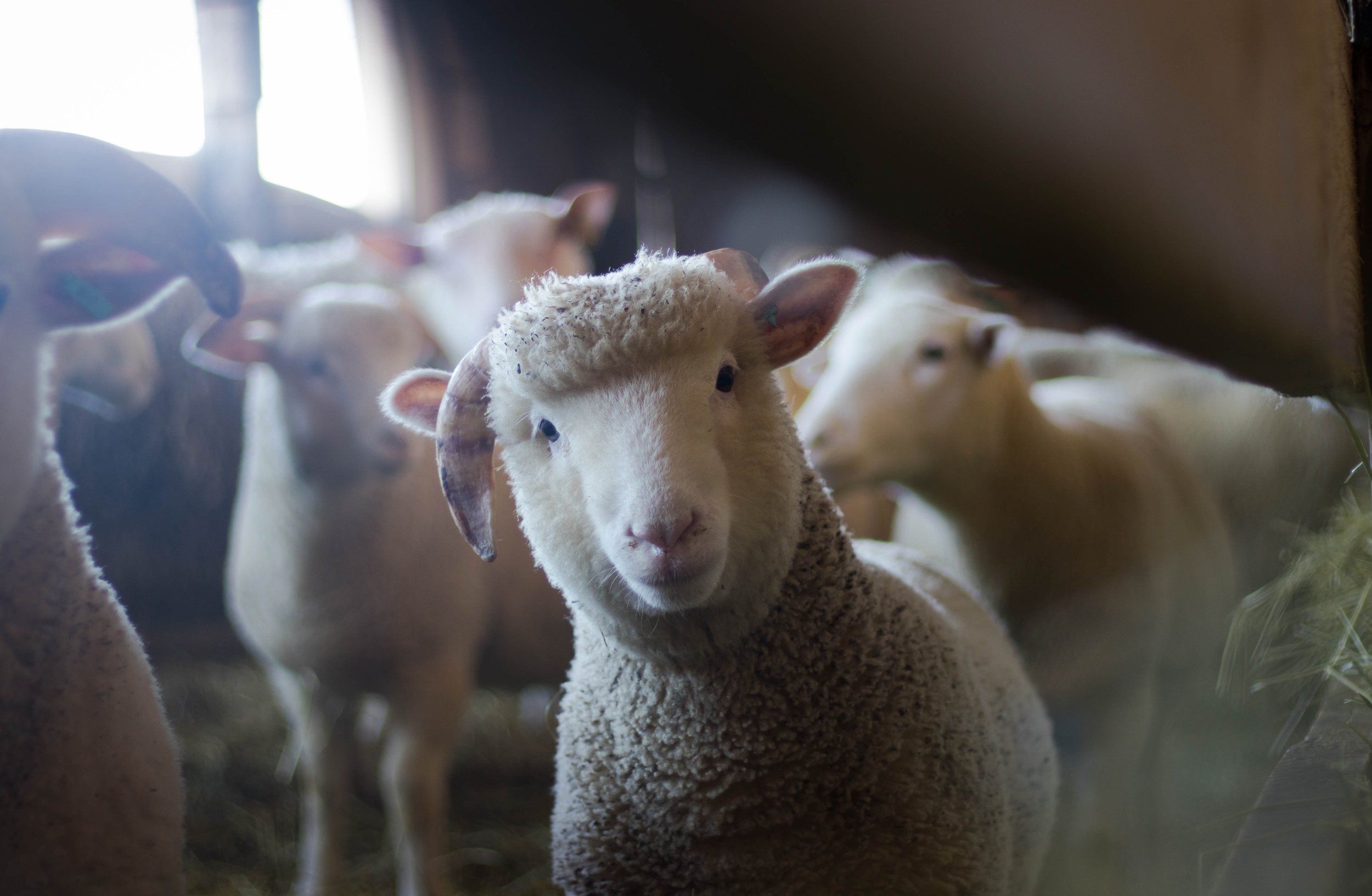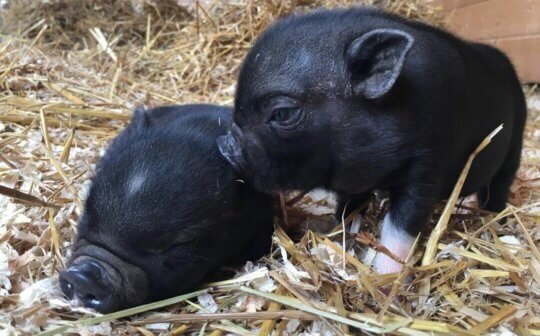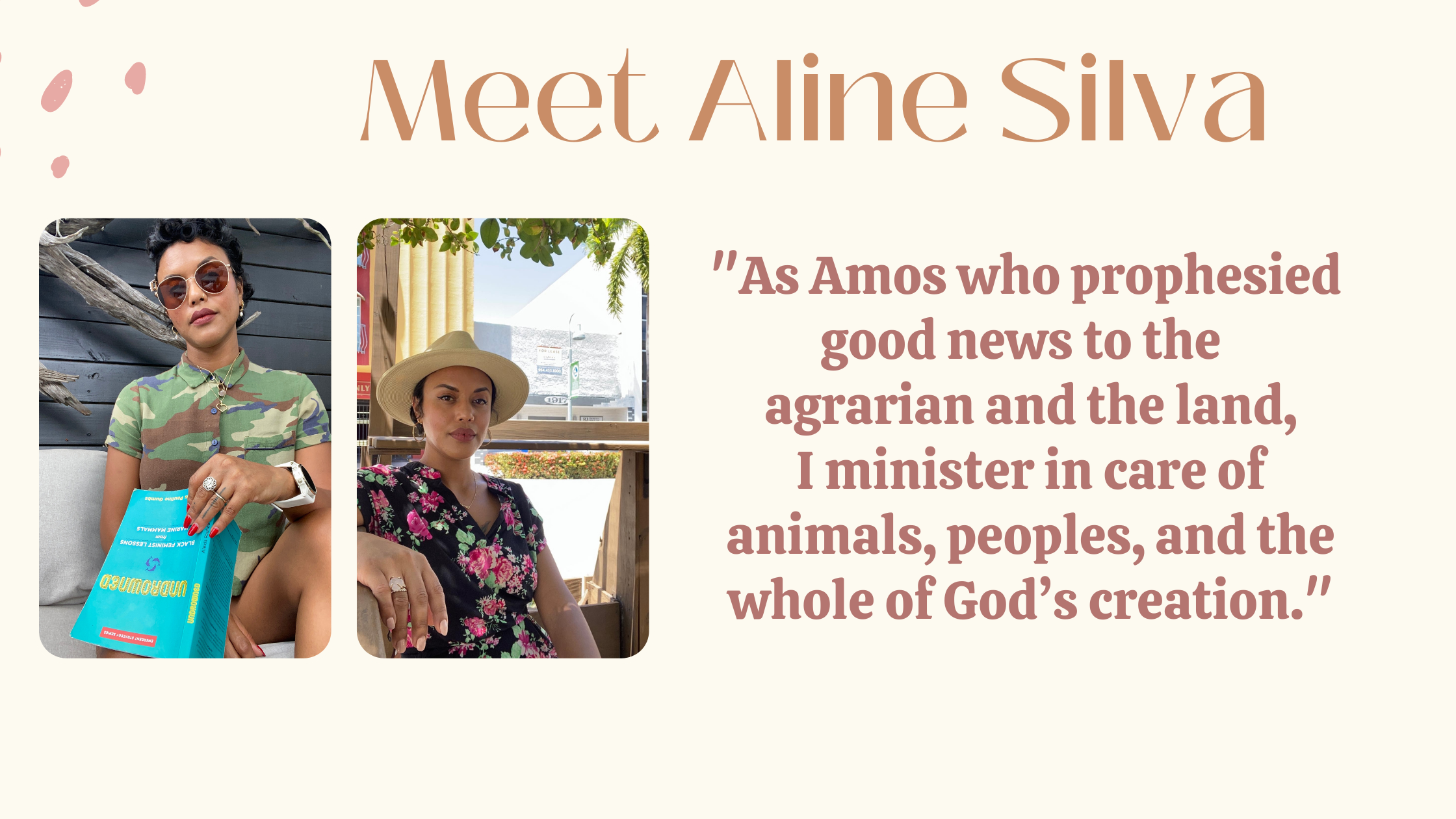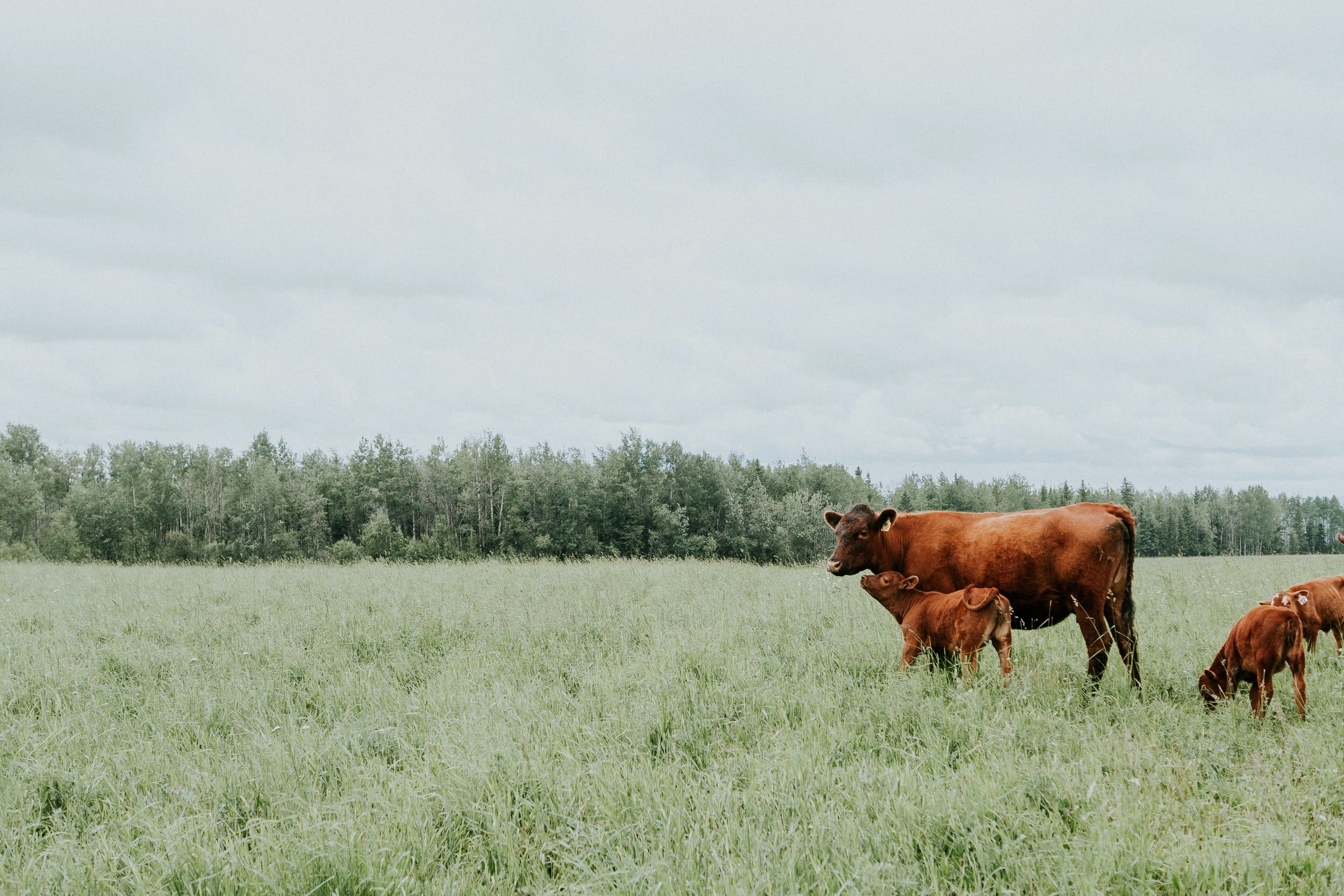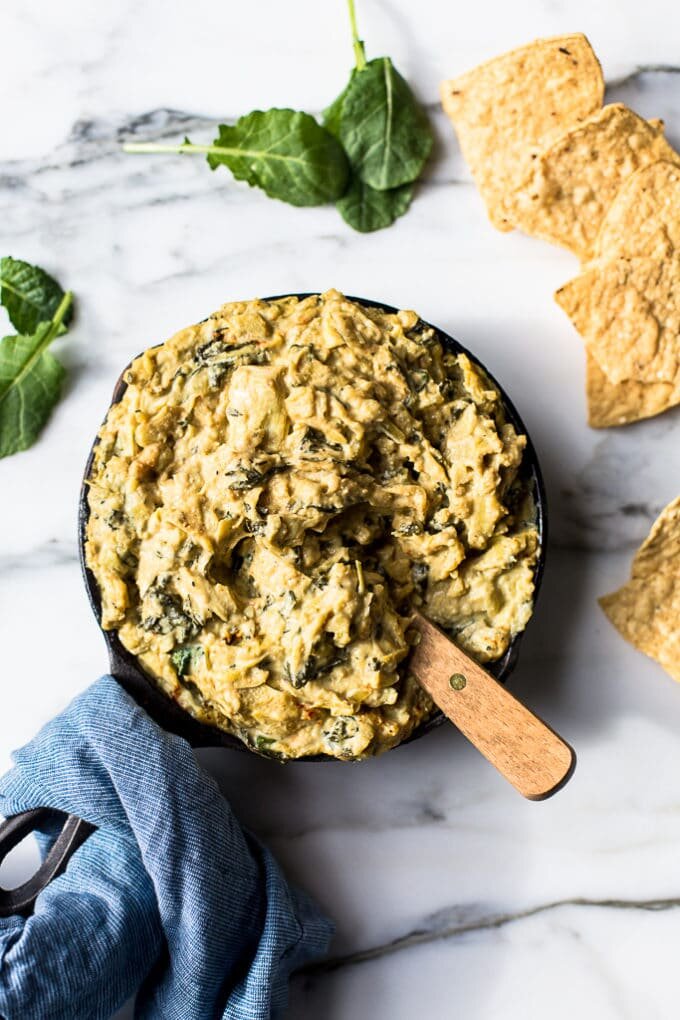Por Bianca Rati
Quando eu tinha 10 anos recebi uma bolsa parcial para estudar em uma escola particular de gente rica. Como profetizou meu nome (Bianca), eu era uma menina muito branca, quase albina, com o cabelo curtinho na altura da nuca, dentes separados e tortos, óculos (na época que era feio usá-los) e uma inocência extrovertida. Sentia hostilidade dos colegas desde o primeiro dia quando cheguei com minha mochila linda da Hello Kitty da qual eu tinha muito orgulho, mas achava que era apenas uma questão de fazer amizades.
A garota mais popular da sala fazia aniversário um mês depois do começo das aulas, sua família tinha uma chácara em uma cidade do interior, onde a minha mãe nasceu e eu ainda tinha alguns familiares. Os planos para a festa era que um ônibus levaria todas as crianças até lá, onde passariam a noite. Eu tinha compartilhado com alguns colegas que tinha familiares na cidade da chácara, mas meus pais, por não conhecerem ninguém, não me deixaram ir na festa. Na segunda-feira posterior, colegas me abordaram dizendo: “Bianca, não é que encontramos seus parentes no caminho da chácara?” Confusa eu respondi: “Como assim?” Ele, já olhando para os outros e rindo respondeu: “Ué, vimos seus parentes no caminho, eles falaram ‘muu’ para gente, umas vacas brancas. Não foi você que disse que tinha família na cidade? Qual é a família de uma vaca?” Não entendia direito porque ser chamada de vaca era humilhante, mas me senti humilhada. Esse apelido me perseguiu durante os 4 anos que estudei naquela escola. Quando eu pensava que tinham esquecido, ele retornava.
No meu último ano escolar eu reencontrei minhas parentes, as vacas, de outra forma. Dessa vez porque minha família se mudou para zona rural por causa de uma oportunidade de trabalho dos meus pais. A colônia rural que estava morando é conhecida pela produção de leite e derivados, especialmente queijos. Ao lado de nossa casa ficava um pasto habitado por um rebanho de vaquinhas leiteiras, meu quarto ficava estrategicamente ao lado das vizinhas. Eu via elas se moverem, as ouvia falar enquanto mugiam e notava que tinham uma rotina muito própria. Estudando loucamente para entrar na faculdade, eu passava horas no quarto e minhas companheiras de estudo eram aquelas vaquinhas. E mesmo assim, nunca fui até a cerca para dizer obrigada, não queria me associar com as vacas.
Em uma sessão de terapia, cinco anos depois, minha psicóloga destacou essa história de infância com as vacas e me fez pensar no que essa palavra e esse animal significava para mim, o que me colocou em uma jornada para me reconectar com as vacas. Foi só depois de mais dois anos que eu começaria a realmente me envolver com a questão animal, mas conviver com as minhas vizinhas vacas me transformou de alguma forma. Perceber sua rotina, seu modo de vida e comportamento, perceber a sua presença, rasgou o véu de separação que tinha entre a minha experiência humana e a experiência animal. Será que nós somos tão diferentes assim? Ou, conforme relata a Bíblia, não somos também criaturas criadas pelo mesmo Deus?
Quando estava me tornando vegana, com muita dificuldade para abandonar leite e derivados, descobri o quanto as vacas são animais incríveis por muito mais do que seus possíveis “produtos”. Descobri que as vacas leiteiras, como outros mamíferos, só dão leite enquanto grávidas, então são constantemente submetidas a inseminações artificiais contra sua vontade e exploradas até à exaustão. Elas são separadas de seus bebês tão logo eles nascem, para que o leite seja consumido por humanos e não pelos seus filhos. Vaca e bezerro, mãe e filho, choram e gritam em desespero enquanto são separados. Na época, eu não tinha ideia que aquela era a realidade das minhas vizinhas. Como minha casa ficava ao lado do pasto e não das operações da fazenda, não ouvia os gritos e choros, não via o estupro que provavelmente ocorria na propriedade atravessando a rua. Mas também nunca me perguntei o que acontecia com as vacas quando não estavam no pasto, o que elas vivenciam está escondido à vista de todos.
Hoje, penso que o véu que se rasgou por meio da convivência com as minhas vizinhas foi uma separação que por anos fui ensinada, uma abstração do animal enquanto ser vivo, do animal enquanto Criação como eu. Muitos ativistas da causa animal apontam esse fenômeno: nós deixamos de conectar os produtos que compramos nos mercados e lojas com sua origem por meio de um processo de dissonância. A dissonância é tão grande que às vezes a indústria utiliza imagens de animais aparentemente felizes em suas embalagens fazendo com que não pensemos em suas vidas ou morte, uma abstração necessária para produzir embalagens dissimuladoras. Pense sobre isso. Aliás, o mesmo ocorre quanto o sofrimento e a exploração de animais humanos e não humanos, bem como de toda a Terra.
Aqui no sul, um dos pratos típicos é o churrasco e na minha família sempre que eram servidos corações de galinha alguém fazia a piada mórbida: “E pensar que cada coração desses é uma galinha inteira!”. Ou seja, cada coração significa a morte de uma galinha. A piada era recebida com risadas um pouco constrangidas do grupo e sempre me deixava desconfortável. Eu nunca consegui comer coração de galinha. Desde pequena recusava dizendo que eles pareciam pequenos corações humanos. Mas hoje vejo essa piada familiar de outro modo. Querendo ou não, essa piada também quebra a dissociação e a dissonância, pois por alguns segundos, todos éramos obrigados a pensar na vida da galinha e, ainda que isso não tenha levado nenhum parente meu a deixar de comer os corações, de algum modo, a vida da galinha era reconhecida.
“Vaca” e “galinha” também são palavras usadas de forma pejorativa para ofender as pessoas em corpos femininos. Elas têm uma conotação sexual-moral implícita, que não sei se meu colega percebia aos 10 anos, mas ele já sabia que essa palavra me marcaria negativamente. Uma marca de vergonha, uma marca de um corpo feminino que, assim como os corpos das vacas e galinhas, experimenta a comodificação. Existem palavras mais pesadas na língua portuguesa, palavrões e xingamentos, mas é bastante revelador que a forma como vemos esses animais também se alinha com a forma como escolhemos ofender quem percebemos como mulheres.2
(Descrição da imagem: foto de uma galinha no meio da grama. Ela tem penas marrons e douradas e sob suas asas estão 3 pintinhos escondidos, atrás dela está outro pintinho.)
A imagem de Deus galinha muda tudo. Naquele dia em que editei o podcast, essa imagem me ajudou a me libertar de uma pesada angústia com a ideia de que Deus era homem e possivelmente um reflexo de uma dominação patriarcal. Essa imagem me ajudou a compreender Deus que tem asas quentinhas e seguras e tem um olhar furioso de determinação quando vê o perigo em direção aos seus pintinhos. A imagem de Deus como uma mãe galinha mudou a maneira como vejo Deus, além de qualquer gênero e transcendendo a forma humana, mas ternamente feminina e maternal.
Mas nos últimos meses, participando da fellowship CreatureKind e tendo a oportunidade de promover muitas conversas com cristãos a respeito do bem-estar animal, percebi que tem algo ainda mais profundo na imagem de Deus como galinha. Essa imagem é provocativa e até mesmo desconfortável. Ela nos apresenta a um Deus que prendemos em minúsculas gaiolas a serviço de nossos caprichos. Essa imagem nos faz perceber que somos imagem e semelhança de Deus que se projeta também como galinha. Esta imagem nos lembra daquela conexão perdida, de que somos todos criação, somos todos criaturas amadas.
Essa abstração do humano com o resto da natureza é um produto, principalmente, da colonização e supremacia branca, que roubou e matou para suprimir tudo aquilo que era diferente de si, para poder ser dona de tudo. Quando penso em como podemos resgatar essa conexão, penso em quem nunca a perdeu. Quando penso no que significa se compreender como Criação, lembro das falas do povo indígena Krenak falando sobre Watu, o Rio Doce que foi envenenado pela lama de rejeitos de minério da empresa Samarco em 2016:
Se Deus é uma galinha, eu sou uma vaca. A conexão é um elo perdido de harmonia 4, um elo perdido de convivência. Um elo que precisa ser reconciliado. Essa reflexão que apresentei resume um pouco dos múltiplos pensamentos sobre estar em um ministério que foca no bem-estar de animais criados em fazendas. Este ministério não existe sem um chamado para reconciliar a conexão perdida com o resto da criação e com a natureza. E para iniciar o processo de reconexão, talvez possamos começar nos perguntando: como trataríamos os animais, de fazenda e outros, se víssemos Deus neles e eles em Deus?
2. Em Sex, Work, Meat: The Feminist Politics of Veganism, Carrie Hamilton destaca que, embora a comodificação seja algo vivenciado pelos corpos femininos, especialmente os corpos femininos racializados, devemos ter cuidado com essa comparação, principalmente quando se trata de comparações com o trabalho sexual. Como ela coloca, "O que marca a semelhança entre trabalho animal e trabalho sexual humano não é nenhuma semelhança fundamental na categoria de trabalho realizado, mas sim a frequente negação do próprio trabalho" (p. 14, tradução minha).↩
3. KRENAK - Vivos na Natureza Morta | A LAMA MATOU NOSSO RIO ep 01. Direção: Andrea Pilar Marranquiel. Produção: Canal Futura. YouTube. 22 de novembro de 2017. 13:07. Disponível em:
4. Como proposto pelo Rev. Randy Woodley em Shalom and the Creation Community. ↩


